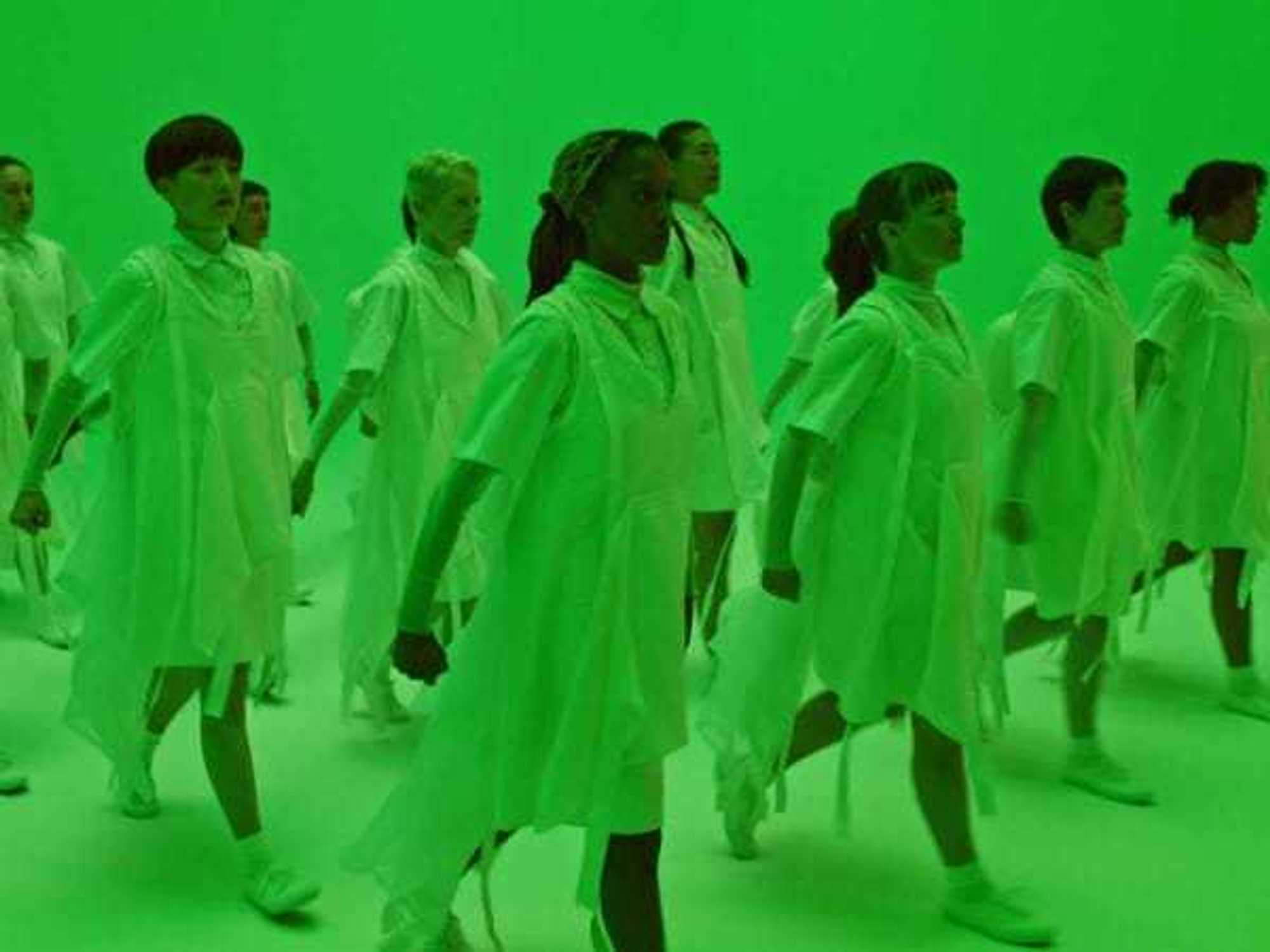national archives week
Understanding counterculture: The world's biggest Deadhead visits Austin,explains the importance of preserving the Grateful Dead's legacy
 Jerry Garcia (left) and Phil Lesh
Jerry Garcia (left) and Phil Lesh Nicholas Meriwether, archivist for the Grateful Dead Archive at the Universityof California-Santa Cruz.
Nicholas Meriwether, archivist for the Grateful Dead Archive at the Universityof California-Santa Cruz.
Scholarly Deadhead. The two go together about as much as Republican hipster or meat McRib. Nonetheless, Nicholas Meriwether exists, and he is both academically affluent and unyielding in his opinion that the Grateful Dead are “the best” band to emerge from the 1960s.
This high esteem comes in handy when you’re the archivist of the Grateful Dead Collection, the world’s only official Grateful Dead archive, housed at UC-Santa Cruz. The steward of the band’s booty spoke about his work at UT Austin Thursday night as part of National Archives Week. Marie Elia, project cataloger at The Andy Warhol Museum, spoke earlier in the week, and novice collectors can learn how to preserve their own paraphernalia at a free archives workshop this Saturday.
The theme of National Archives Week, apropos to Austin, is “Keeping It Weird”—something Meriwether says is integral to his work anyway. “The god’s honest truth is, if you’re trying to build a Grateful Dead archive within the UC system, it’s already weird,” he said.
The Grateful Dead archive is going to end up being a critical way for us to approach and understand the 1960s and the counterculture of the era.
The eponymous groove band, which emerged from the San Francisco Bay area in the early 60s and still plays with some of its original members today, gave its archive to the university in 2008. It includes everything from stage props and promotional concert material (think trippy fluorescent posters) to the band’s business records, photographs, colorful fan mail and materials collected from Jerry Garcia’s memorial altar in Golden Gate Park after his death in 1995. Among Meriwether’s favorite pieces includes lyric sheets marked up by Garcia with chord changes and other notes.
The vast compilation isn’t just a treasure trove for nostalgic fans, Meriwether noted—it’s an important piece of history.
“The Grateful Dead archive is going to end up being a critical way for us to approach and understand the 1960s and the counterculture of the era,” said Meriwether, who has written extensively about pop culture and its effects on society. “It’s also going to tell us a lot about the growth and development of modern rock theater, and it’s helping us understand fan culture.”
His work also might help transform the classic image of an archivist from bespectacled, bookish loner to outgoing pop culture representative. Because he works with little to no budget, Meriwether has to get creative—and often pushy—when it comes to procuring pieces for the archive.
“The idea of the passive archivist can be laid to rest,” he said.
---
Fancy yourself an archivist, or simply want to preserve those old ticket stubs? As part of National Archives Week, students and faculty from the University of Texas School of Information, along with staff archivists from the Austin History Center and other area archives, will be at the Austin History Center this Saturday from 1-3 p.m. to offer advice on organizing and preserving your memorabilia. For more information, visit https://www.ci.austin.tx.us/library/nr20110929a.htm.

 Austin artists Mark Flood and Evcksun will bring their interdisciplinary collaboration to the Fusebox Festival in April. Photo courtesy Fusebox Festival
Austin artists Mark Flood and Evcksun will bring their interdisciplinary collaboration to the Fusebox Festival in April. Photo courtesy Fusebox Festival Novelitas de Ninas are a feminist musical soap opera performance appearing at the Fusebox Festival.Photo by Walter Wlodarczyk
Novelitas de Ninas are a feminist musical soap opera performance appearing at the Fusebox Festival.Photo by Walter Wlodarczyk